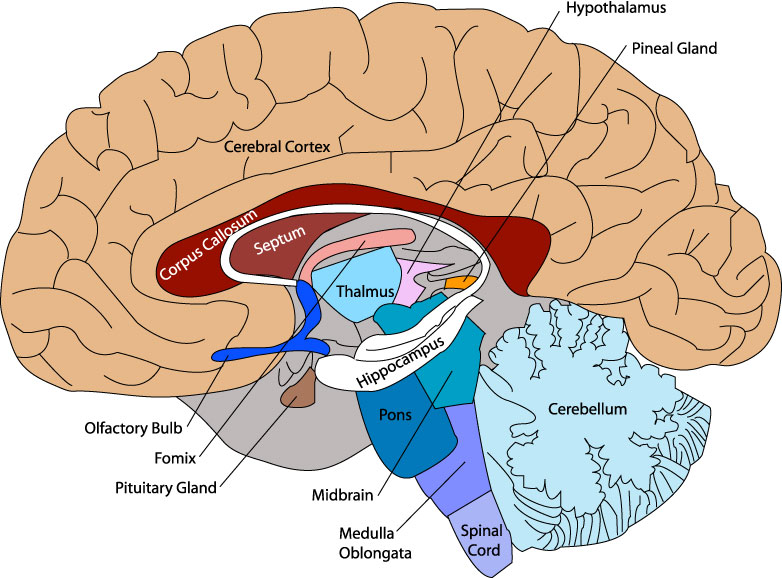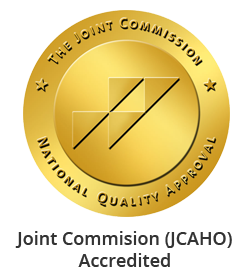 Drug and alcohol addiction affects all sections of our society and the military is no exception. In fact, due to the nature of their job and heavy stress, the military personnel are all the more prone to drug and substance abuse. Throughout history, the US military has battled the problem of drug abuse. Whether we talk of the cold war period or the recent wars in Afghanistan and Iraq, many drug abuse cases have been reported that damaged the reputation of the US army. But more than that, these cases have highlighted the importance of addressing the problem of drug and substance abuse in the military and take some substantive measures.
Drug and alcohol addiction affects all sections of our society and the military is no exception. In fact, due to the nature of their job and heavy stress, the military personnel are all the more prone to drug and substance abuse. Throughout history, the US military has battled the problem of drug abuse. Whether we talk of the cold war period or the recent wars in Afghanistan and Iraq, many drug abuse cases have been reported that damaged the reputation of the US army. But more than that, these cases have highlighted the importance of addressing the problem of drug and substance abuse in the military and take some substantive measures.
What are the causes that make military personnel more vulnerable to substance abuse?
1. Long Deployments
With the wars in Afghanistan and Iraq going on for years, the soldiers are required to serve in tensed and risky battle zones. It can be taxing and extremely stressful for a soldier to spend extra time in a combat zone. This makes them prone to drug and alcohol abuse.
2. Prescription Drug Abuse
In a war situation, many soldiers are prescribed drugs and medicines to keep stress in check. This may be important but it may lead to prescription drug abuse. Consuming drugs without medical prescription is quite common in the US military and it may lead to drug addiction. These drugs can cause dependency and make it difficult for the soldiers to overcome addiction.
Institute of Medicine (IOM) has made some key recommendations in its recent report on substance abuse in the military. The report has highlighted the need to take some substantive measures to tackle the menace of substance abuse in the military. Let’s take a look at some of the important recommendations made in the report-
1. Provide confidential treatment
IOM report has emphasized the need to provide confidential treatment to those affected by substance abuse. Lack of confidentiality can play a major spoilsport when it comes to encouraging military men to seek professional treatment. At present, the referrals are reported to commanders and this result in lack of confidentiality.
2. Provide evidence based diagnostic treatment
As highlighted in the report, there is a pressing need to integrate substance use disorder care with medical and behavioral health care. Hiring more substance abuse counselors and making latest advancements in medical science a part of substance abuse treatment have also been recommended in the report.
More information on Drug and substance abuse is available at http://www.inspiremalibu.com






